Providing the foundation for curing cancer and other diseases by engaging in fundamental science that leads to key discoveries
Basic science discoveries underlie the innovative cures and treatments we develop at Fred Hutch. Our research teams strive to understand the normal molecular functioning of cells as well as the disruption that causes complex diseases like cancer and HIV infection.
Founded in 1981, the Basic Sciences Division has since expanded to include more than 30 laboratory groups that explore topics as diverse as regulation of cell division and mechanisms controlling wound repair. Our research has yielded a number of landmark breakthroughs and scientific advances, including two Nobel Prize-winning discoveries that may inform new approaches to cancer treatment. Grounded in a steadfast commitment to scientific excellence and bold creativity, the Basic Sciences Division encourages robust, ongoing collaboration among divisions, laboratories and clinical researchers.
Discover what makes the Basic Sciences Division a great home to build a research program and train as a scientist. Learn about about our commitment to diversity, equity, and inclusion.
“Every day there’s a new problem to consider. It’s rewarding to lead a department whose goal is to answer fundamental questions about the innermost working of our cells.”
— Sue Biggins
Our Leadership
See our Faculty & Labs>
Director, Sue Biggins, Ph.D.
Dr. Biggins is director of the Basic Sciences Division, an affiliate professor of biochemistry at the University of Washington, and a Howard Hughes Medical Institute Investigator. In her lab, she studies one of biology’s most fundamental processes: how cells sort chromosomes, the long molecules in which DNA is packaged. When chromosomes sort, or segregate, improperly, cellular processes go awry. Cells with too many or too few chromosomes can cause cancer, birth defects, or miscarriage.
Biggins led the first team to isolate the kinetochore, the large molecular machine that coordinates chromosome segregation. The ability to study this key molecular complex in test tubes paved the way for critical new findings, including the role that tension plays in chromosome sorting. Biggins is now working to understand more about how kinetochores form and how they work.
The region of the chromosome to which the kinetochore attaches is called the centromere. Her research also focuses on how cells maintain the location and unique molecular characteristics of the centromere during cellular processes including cell division.
Biggins received her Ph.D. in molecular biology from Princeton University and conducted her postdoctoral work at the University of California, San Francisco. She joined the Fred Hutch faculty in 2000 and served as associate director of the Basic Sciences Division from 2009 to 2018. In 2015 she was selected as a Howard Hughes Medical Institute Investigator.
Biggins has served on numerous national scientific committees and review groups, including the Next Generation of Science committee of the National Academy of Sciences, which aims to improve science for early stage investigators in the U.S. She has also been actively involved in editing for scientific journals, including the Proceedings of the National Academy of Sciences, the Journal of Cell Biology, Genetics and PLOS Genetics. She is currently a member of the Coalition of Life Sciences, a national alliance that fosters policies to promote research in the US.
She is an elected member of the American Academy of Arts and Sciences, the National Academy of Sciences and the Washington State Academy of Sciences, and is a fellow of the American Society of Cell Biology. Her awards include the 2015 Edward Novitski Prize from the Genetics Society of America and the 2013 National Academy of Sciences Molecular Biology Award.

Associate Director, Harmit Malik, Ph.D.
Dr. Malik is an associate director of the Basic Sciences Division, an affiliate professor of Genome Sciences at the University of Washington, and a Howard Hughes Medical Institute Investigator. The Malik Lab studies the role that genetic conflicts (or evolutionary ‘arms-races’) play in shaping fundamental aspects of biology, from host-virus interactions and outcomes, to competition between chromosomes during gametogenesis.
Dr. Malik received his Ph.D. in biology from University of Rochester in Dr. Tom Eickbush’s lab, where he delineated a universal framework to describe the evolution of selfish retroelements in eukaryotic genomes. He then conducted his postdoctoral work at the Fred Hutch in Steve Henikoff’s lab, where he and Steve described their hypothesis that selfish competition between chromosomes could drive rapid evolution of centromeres and even result in speciation, the process by which one species splits into two. After his postdoc, Harmit joined the Fred Hutch faculty in 2003. In 2009, he was selected as a Howard Hughes Medical Institute Early Career Scientist and then appointed HHMI Investigator in 2013.
Dr. Malik’s research interests include an evolution-guided study of host-virus interactions, a project in which he collaborates with Dr. Michael Emerman and Dr. Adam Geballe. He actively collaborates with other faculty at the Hutch and co-mentors students and postdocs along with them. Several former trainees of the Malik lab are faculty in prestigious research institutions and several are considered leaders in their respective scientific fields. Dr. Malik is passionate about continuing the excellent Fred Hutch traditions in mentoring trainees and junior faculty
Dr. Malik has also been actively involved in editing for scientific journals. He currently serves on the editorial board of PLOS Biology, PLOS Genetics, Current Biology, Molecular Biology & Evolution, Virus Evolution and Annual reviews of Virology. He also wastes an inordinate amount of time on social media.

Associate Director, Toshio Tsukiyama, Ph.D., D.V.M.
Dr. Tsukiyama is an associate director of the Basic Sciences Division and affiliate Professor of Biochemistry at the University of Washington.
Tsukiyama studies how genetic information is stored, maintained, and taken out as needed. These mechanisms are essential for normal life, as their mis-regulation leads to cancer, developmental defects or cell death.
The research of the Tsukiyama lab focuses on chromatin, the protein-DNA complex in the nucleus that stores genetic information: How is chromatin regulated such that genetic information is securely stored, duplicated and "read"? This question is asked in the context to cell quiescence, a state in which cells stop dividing and stay seemingly quiet for a long time, sometimes for months or years. Proper regulation of quiescence is essential for normal development, cell survival and prevention of cancer, but how cells can accomplish such a special state is not well understood.

Associate Vice President, Christy Majorowicz
Christy Majorowicz is the Associate Vice President of the Basic Sciences Division where she oversees strategic planning as well as operational, financial, and human resources functions for the division.
She has been with Fred Hutch and the division for over nineteen years, during which she has served as a research program coordinator, a research administrator, associate operations director of Basic Sciences, and now associate vice president. Majorowicz sees her role as an advocate for Basic Sciences, helping ensure that labs are well equipped and have the time to do the best possible science.
Scientific Advisory Board
The Scientific Advisory Board serves to keep the Basic Sciences Division at the forefront of discovery by helping guide our scientific pursuits. Board members provide strategic guidance and external review of our research programs and helps us prioritize future goals. We are honored to have the following members serving on our board.
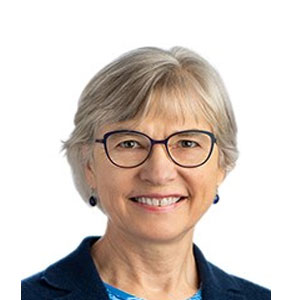
Lynn Cooley, Ph.D.
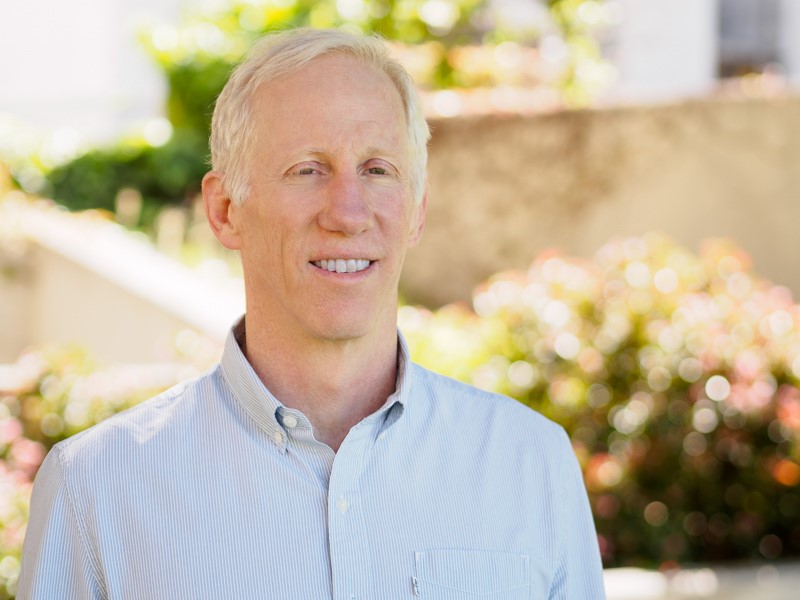
Doug Koshland, Ph.D.
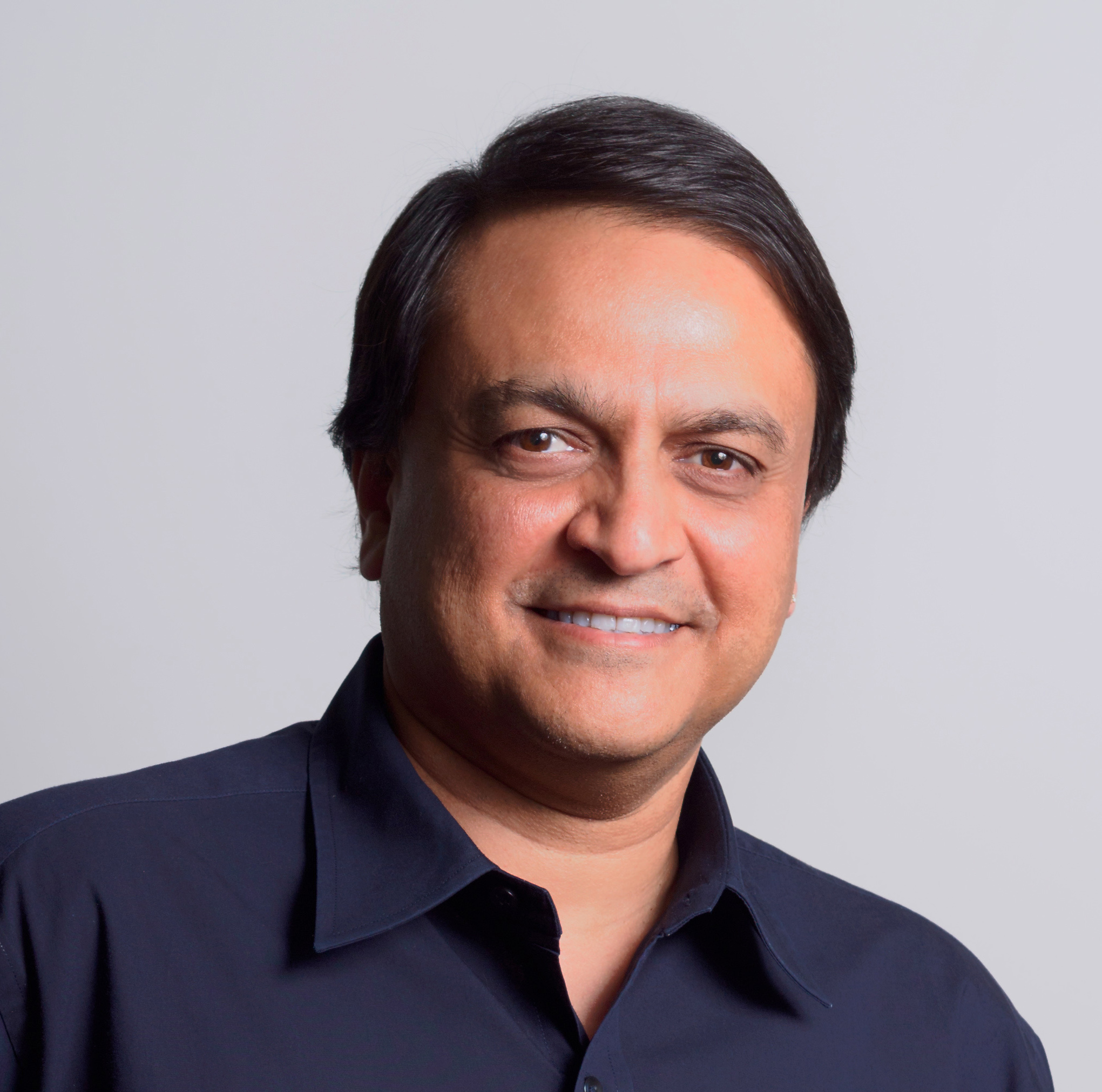
Nipam Patel, Ph.D.
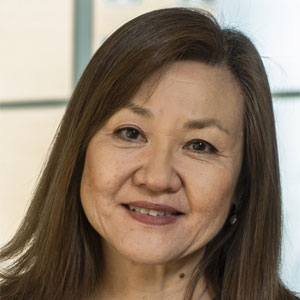
Li-Huei Tsai, Ph.D
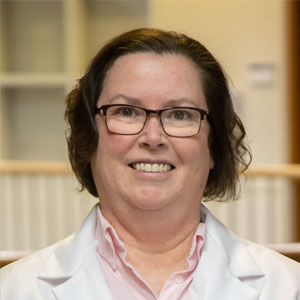
Eileen White, Ph.D.
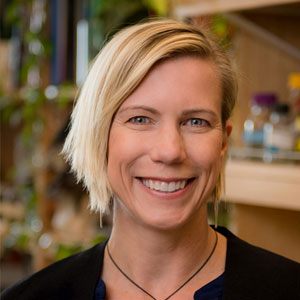
Samara Reck-Peterson, Ph.D.
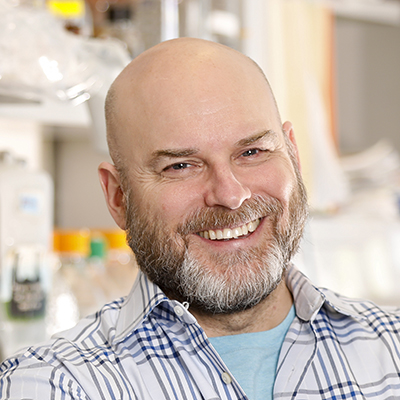
Scott Keeney, Ph.D.









Founded With an Egalitarian Philosophy
The Division of Basic Sciences was founded with an underlying egalitarian philosophy that we believe is core to an environment conducive to faculty and trainee success. We strive to have equitable policies that promote an inclusive and healthy department for all members.
Faculty Focus on Science: Discover why the Basic Sciences Division is a fantastic place to build a research program.
World-class Graduate and Postdoctoral Training: Find out what makes the Basic Sciences Division such a great home to train as a scientist.
Commitment to Diversity, Equity, and Inclusion: Learn about some of the ways we are working to be an antiracist institution.
Faculty Focus on Science
Basic Sciences believes in the merit of curiosity-driven research. We trust our faculty to set the scientific agenda and direction of their labs to maximize their creativity to make discoveries of fundamental importance.
"The Basic Sciences Division puts creative people together and gives them the resources and liberty to follow their instincts.” – Dr. Jon Cooper, Professor
World-class Graduate and Postdoctoral Training
The Basic Sciences Division is home to postdoctoral and graduate researchers from around the world. We are partnered with the University of Washington, accepting graduate students from the Molecular and Cellular Biology, Genome Sciences, Molecular Medicine & Mechanisms of Disease, and Microbiology programs.
“The people are great, the culture is great, the support staff are amazing. It's a really privileged place to be as a scientist.” – Stephan Raiders, Graduate Student in the Singhvi Lab
Building on the Hutch’s Commitment to Diversity, Equity, and Inclusion
Continually working to be an anti-racist institution and division.
"We are committed to dismantling structural racism in science, diversifying our workforce and ensuring that all the members of the division have a supportive environment." - Dr. Sue Biggins, Director of Basic Sciences
